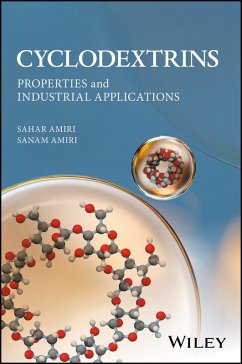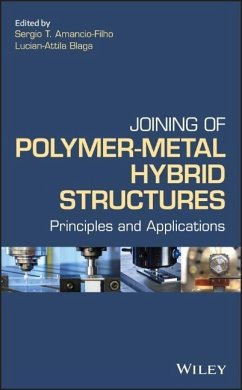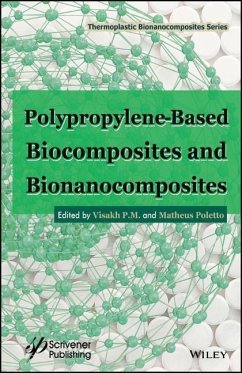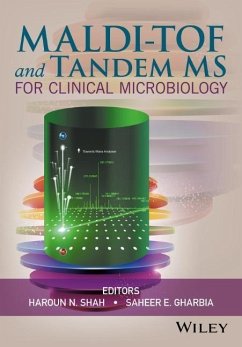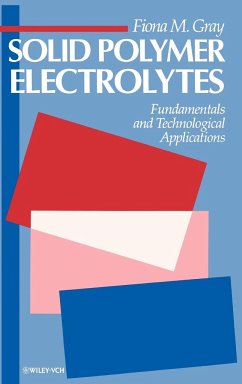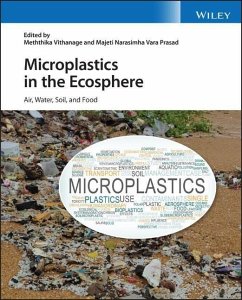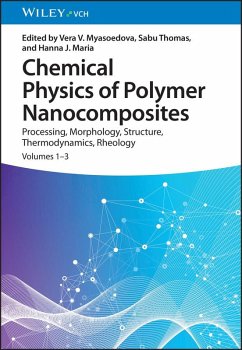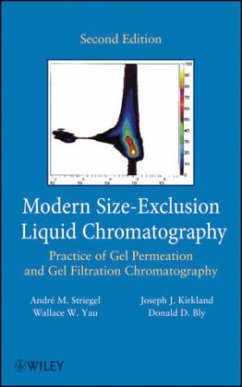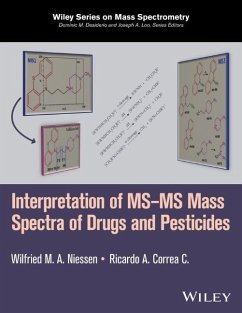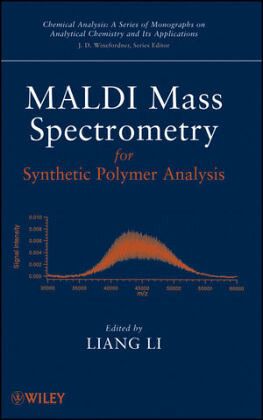
MALDI Mass Spectrometry for Synthetic Polymer Analysis

PAYBACK Punkte
58 °P sammeln!
Principles and Practices of Polymer Mass Spectrometry helps readers acquire the skills necessary for selecting the optimal methods, handling samples, analyzing the data, and interpreting the results of the mass spectrometry of polymers. This guide describes the principles of polymer MS and best practices in polymer characterization. It discusses different approaches, including MALDI, ESI, TOF MS, and FT-MS. It provides a guide to developing appropriate sample preparation protocols for different polymers. Complete with examples of applications and experiments, this is an excellent reference for...
Principles and Practices of Polymer Mass Spectrometry helps readers acquire the skills necessary for selecting the optimal methods, handling samples, analyzing the data, and interpreting the results of the mass spectrometry of polymers. This guide describes the principles of polymer MS and best practices in polymer characterization. It discusses different approaches, including MALDI, ESI, TOF MS, and FT-MS. It provides a guide to developing appropriate sample preparation protocols for different polymers. Complete with examples of applications and experiments, this is an excellent reference for scientists, researchers, graduate students, and others.



